Exploring Spain in a campervan or motorhome is a unique way to discover the country's diverse landscapes and rich culture. In this guide, we’ve gathered essential information for anyone planning this kind of trip so you can make the most of the experience and uncover some incredible places along the way.
In Spain, there are various types of vehicles adapted for travel.
Motorhomes
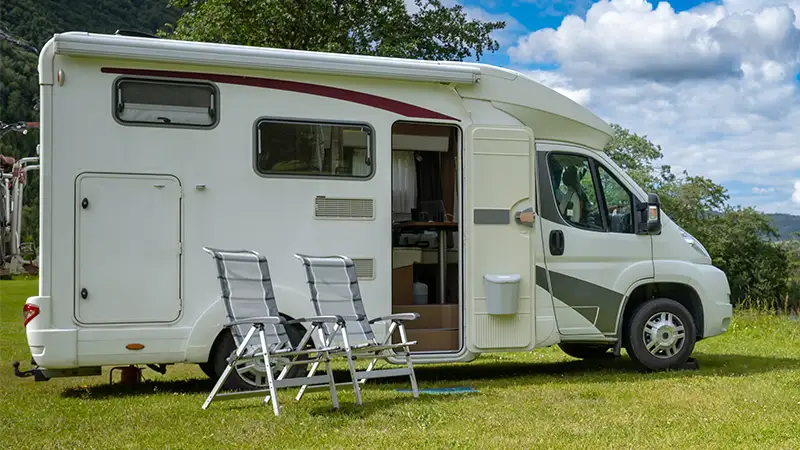
Larger vehicles, generally equipped with a kitchen, bathroom and designated sleeping area.
+Pro: The comfort. They have a clear house-like structure, with bathroom, shower, proper bed and kitchen.
-Con: They're big and underpowered. A bulky vehicle to manoeuvre in medieval towns. Also more restrictions on where you can park.
Campers
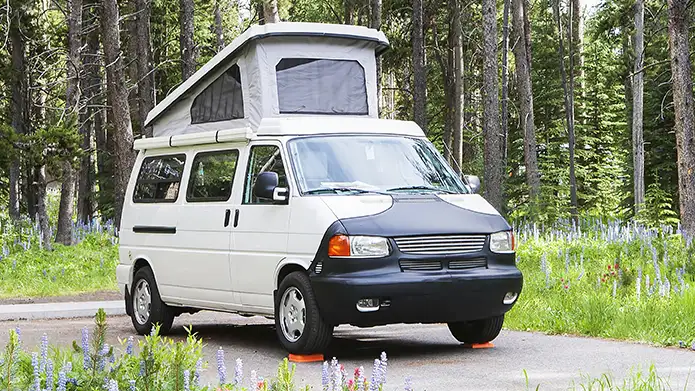
Smaller vehicles, often converted vans with a bed, basic kitchen and storage space.
+Pro: Small and can reach more places. Often adapted for travellers, with a kitchen, comfy bed, etc.
-Con: No toilet (and if it has one, it’ll be basic and not very comfortable). Not much space to hang around inside if you're not in the mood to go out.
Converted vans or cars
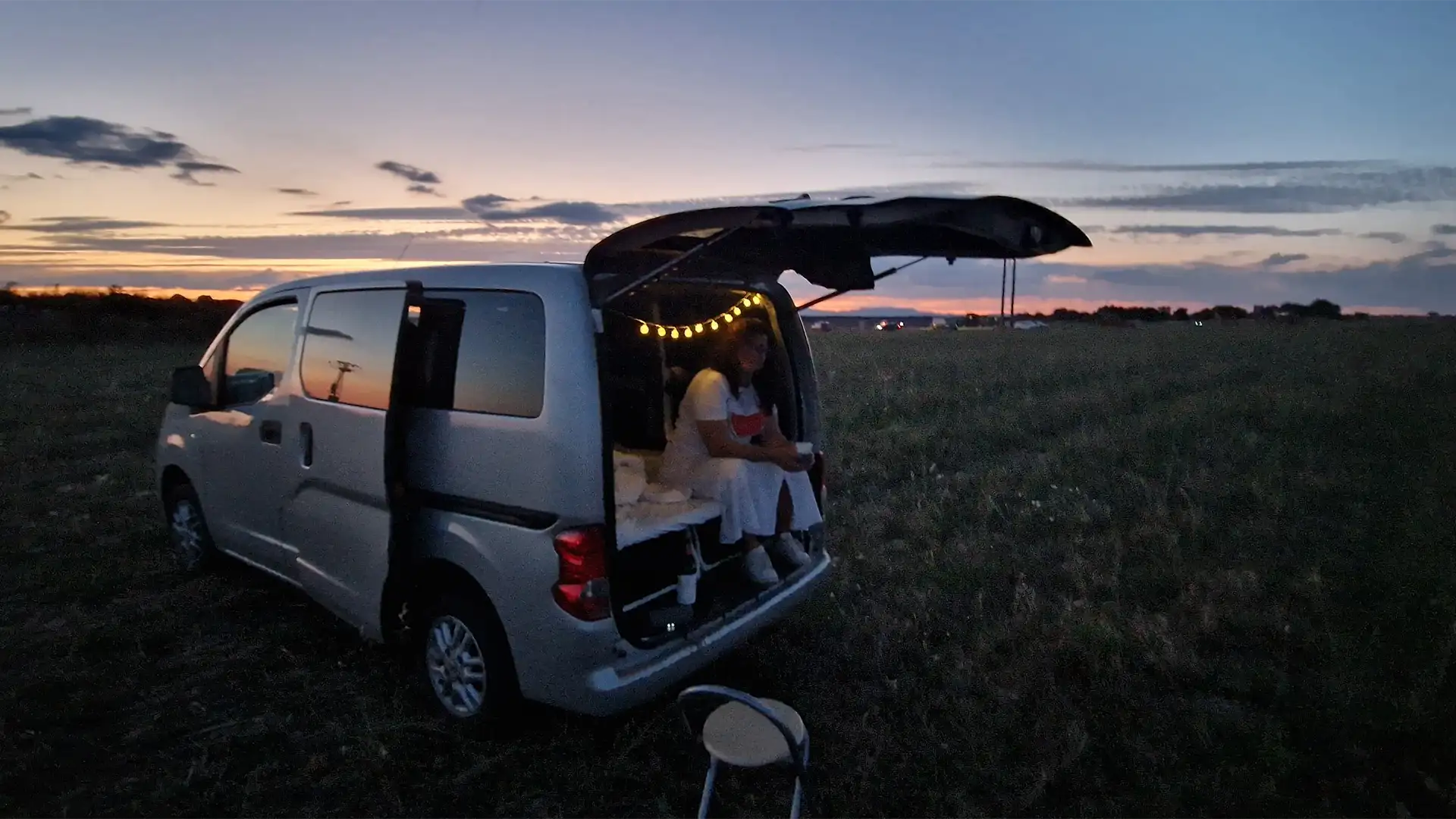
Like ours, vehicles without full conversions, but with basic adaptations to spend the night.
+Pro: It's ours! Small and light, can go almost anywhere. Doesn’t stand out like a camper. Works as an everyday van too.
-Con: Oh well… everything’s improvised.
Regulations for travelling by campervan in Spain
Travelling by campervan or motorhome in Spain is an incredible experience, but it’s essential to understand the local regulations to avoid any issues. Spanish law makes a clear distinction between camping and overnight parking, and this difference is crucial when it comes to choosing where you can stop and sleep.
Driving Licence
To drive a campervan or motorhome in Spain, your driving licence must comply with international agreements. Spain recognises licences issued in accordance with Annex 9 of the Geneva Convention (1949) or Annex 6 of the Vienna Convention (1968). For tourists, these licences are generally valid for up to six months after entering Spain, provided they are valid and the driver meets the minimum age requirements.
To drive a campervan under 3,500 kg, a standard category B licence is sufficient. This allows you to drive vehicles with up to eight passenger seats in addition to the driver.
An International Driving Permit (IDP) is not always legally required, but it is strongly recommended. Licences issued by countries such as the UK, the United States, Australia, Canada, Brazil and Argentina are generally accepted when written in Latin characters. Even so, an IDP works as an official translation and helps avoid problems during police checks or when renting a vehicle. In practice, carrying an IDP can save time and unnecessary discussions, as real-life situations do not always match the wording of the law.
If you become a resident in Spain or stay longer than 180 days, your foreign driving licence will no longer be valid. In that case, you must exchange it for a Spanish licence, depending on whether your country has a reciprocal agreement with Spain.
Speed Limits
Spain applies different speed limits depending on the type of road and vehicle:
- Urban areas: 50 km/h
- National roads: 90 km/h
- Motorways and dual carriageways: 120 km/h (for vehicles up to 3,500 kg)
Larger motorhomes (over 3,500 kg) are subject to lower speed limits, so it is important to check the permitted speeds based on your vehicle's weight and category.
Overnight parking vs camping
Spanish law allows overnight stays in a vehicle as long as it is legally parked and nothing extends beyond the vehicle’s dimensions (no awnings, tables, chairs or other outdoor items). According to the Dirección General de Tráfico (DGT), as long as the vehicle is parked correctly, its occupants may sleep inside without breaking the law, provided all activity remains inside the vehicle.
Camping, on the other hand, involves the use of the space outside the vehicle, such as setting up awnings or outdoor furniture, and is only allowed in designated areas like campsites or specially prepared zones. Wild camping is prohibited in most parts of the country and may result in heavy fines.
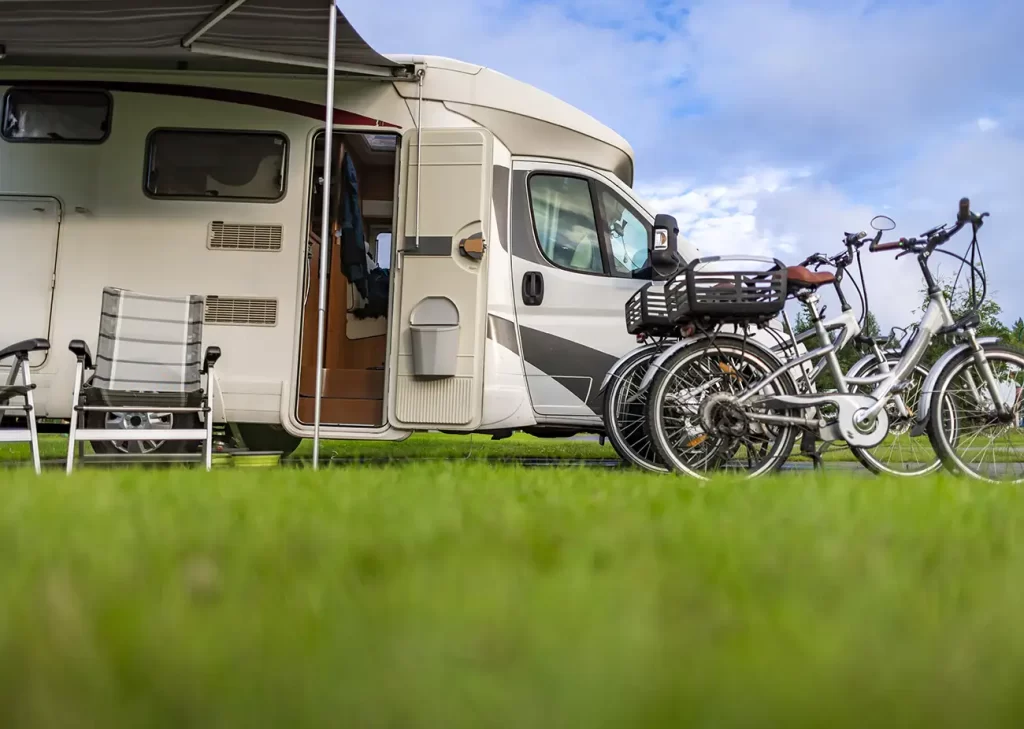
Protected areas and local restrictions
There are some important exceptions and restrictions you should be aware of:
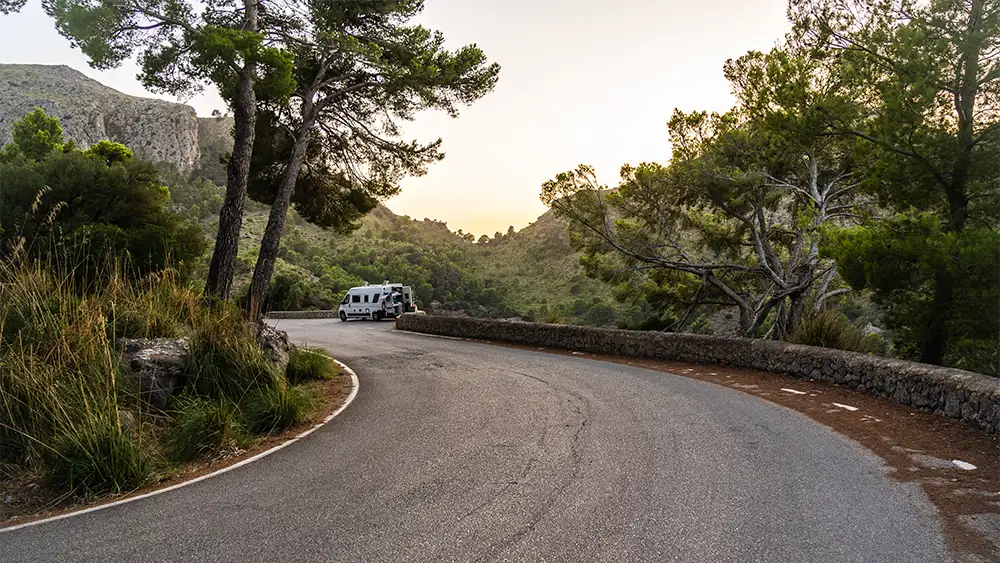
Protected natural areas
National parks, nature reserves and other protected territories often prohibit overnight stays outside designated areas. Always check local regulations before parking.
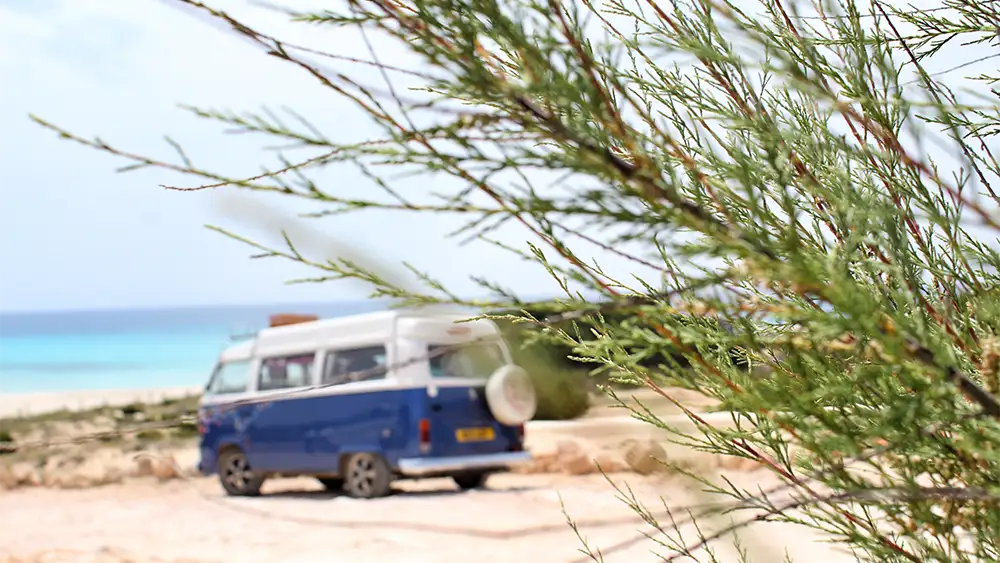
Coastal Law
According to Law 22/1988, it is forbidden to park or stay overnight in coastal areas near the sea unless the area is specifically prepared for that purpose.
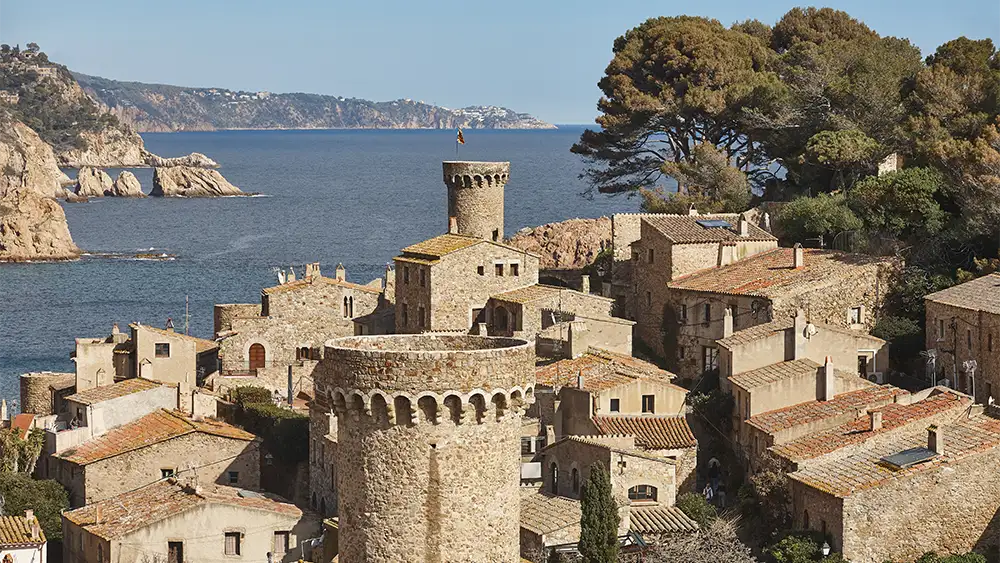
Local regulations
Each municipality may enforce its own rules for motorhomes and campervans. Pay attention to signs and, if in doubt, check with the local authorities.
Types of places to stay overnight in Spain
Spain offers a variety of options for parking and spending the night during your campervan or motorhome trip. Each option has its pros and cons, depending on your travel style and needs. Here are the main types of places where you can stay overnight:
Free overnight areas
These are designated spaces, usually managed by local councils or businesses, where you can park at no cost.
- Pros: Budget-friendly and often located near small towns or villages
- Cons: Limited facilities (usually just parking)
- Tip: Check reviews on apps like Park4Night to choose the best spots
Camper service areas
Dedicated areas for motorhomes and campervans, offering basic infrastructure like water, electricity and waste disposal points.
- Pros: Great value, typically costing between €5 and €15 per night
- Cons: May get crowded during peak season
- Tip: Book in advance in popular areas, especially in summer
Full-service campsites
Traditional campsites with full infrastructure like toilets, showers, electricity, swimming pools and recreational areas.
- Pros: Comfortable and secure, ideal for families or longer stays
- Cons: Higher prices (€20 to €40 per night) and more crowded
- Tip: A great option to relax after several days on the road
Public and private car parks
In some cities, it is permitted to stay overnight in standard car parks, as long as your vehicle complies with regulations (no awnings or chairs outside).
- Pros: Convenient locations close to urban centres
- Cons: Lack of privacy and no camper facilities
- Tip: Look for car parks recommended by other travellers on apps
Natural parks and remote areas
For those who enjoy nature, there are remote locations where overnight stays are allowed (as long as local rules are respected).
- Pros: Peace and quiet, stunning views and close contact with nature
- Cons: No facilities and potential legal restrictions
- Tip: Always check local rules before parking in natural parks or protected areas
Rural overnight spots
Many rural landowners offer their property for overnight stays, often for a symbolic fee or in exchange for local purchases (such as regional products).
- Pros: Direct contact with local culture and peaceful surroundings
- Cons: Basic or no infrastructure
- Tip: Use apps like Campercontact to find these spots
Supermarket or petrol station car parks
Some supermarkets and fuel stations allow overnight stays, especially along major roads and in rural service areas.
- Pros: Convenient and offers basic safety
- Cons: Noisy and not suitable for long stays
- Tip: Always ask for permission to avoid any issues
Useful Apps
Planning and managing a campervan or motorhome trip can be much easier with the help of apps. They help you find overnight spots, locate available services and even identify toilets and showers along the way. Here are some of the most useful ones:

Park4Night: Parking and overnight locations, with details on available facilities and reviews from other travellers.

Campercontact: Campsites and service areas, including information on prices and what each location offers.
Estimated costs for a campervan or motorhome trip in Spain
Budgeting is an essential part of ensuring a smooth campervan or motorhome journey in Spain. Below are some estimated costs that may help. These figures are approximate and can vary depending on the region, time of year and type of vehicle. Planning ahead and using apps to find free spots can help reduce expenses.
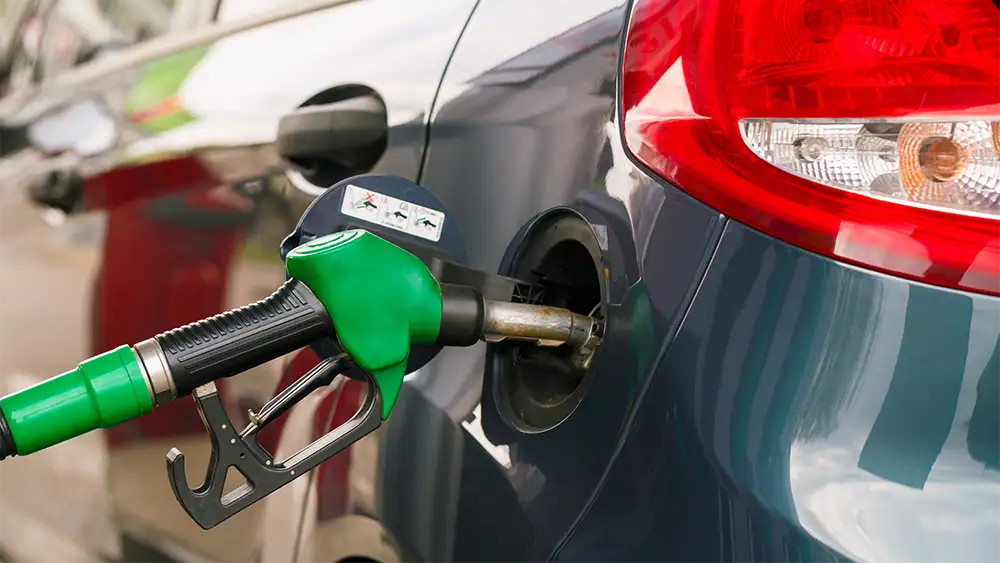
Fuel
In Spain, the average price of petrol is around €1.75 to €1.90 per litre, while diesel tends to be slightly cheaper, ranging from €1.60 to €1.75. Fuel consumption varies widely depending on the type of vehicle and the route taken.
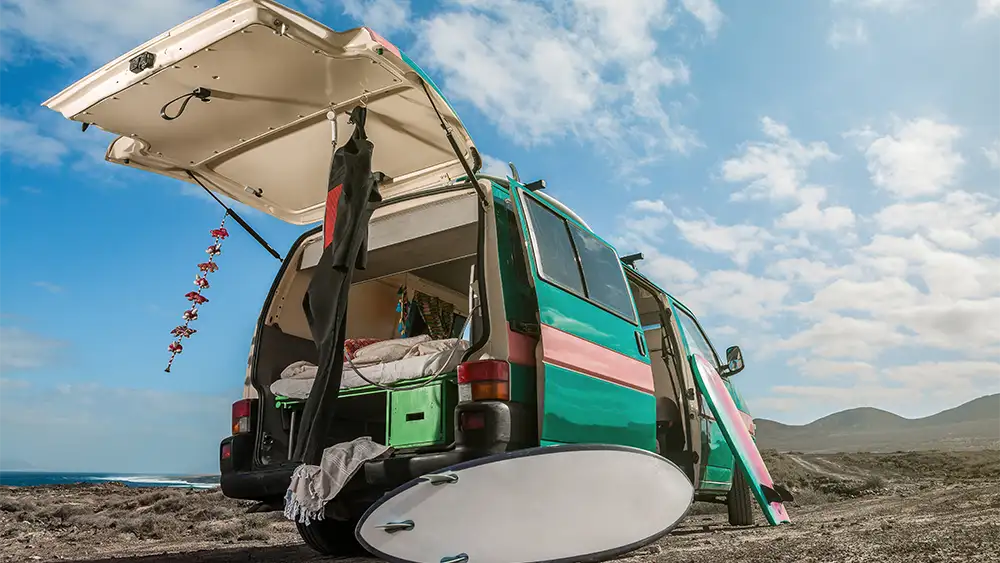
Overnight stay fees
Many places allow free overnight stays, especially in public car parks or designated areas without facilities. Areas with basic infrastructure, such as water, electricity and waste disposal, usually charge between €5 and €15 per night per vehicle.
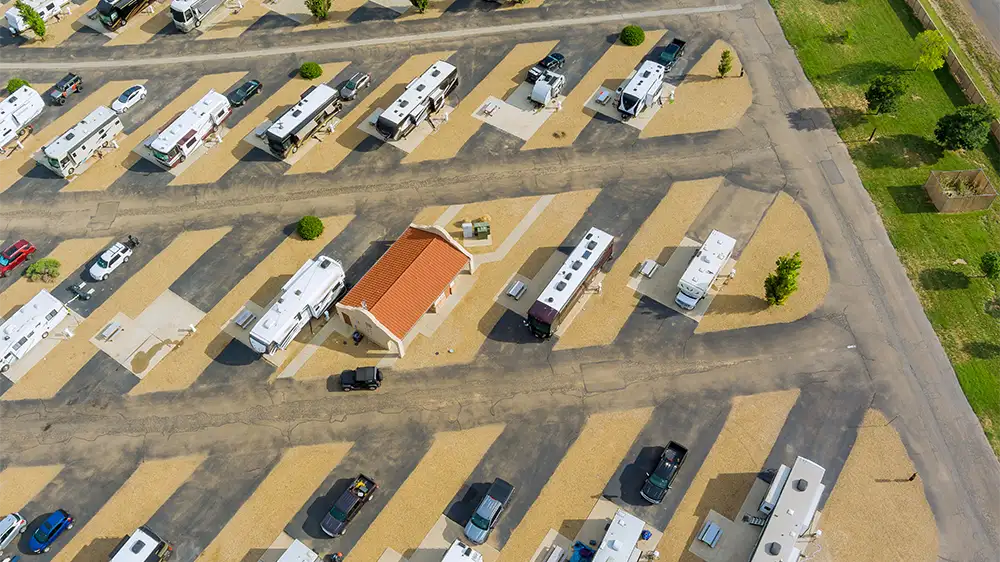
Campsites
Campsites in Spain offer more complete facilities, including toilets, showers, electricity and often a swimming pool. Prices typically range from €20 to €40 per night per vehicle with two occupants, depending on the season and location.
Renting or buying a vehicle for travelling by campervan in Spain
If you are planning a campervan or motorhome trip through Spain, one of the first decisions to make is whether to rent or buy a vehicle. Below are the main points to consider, with a focus on costs and the practicality of each option.
Renting a campervan or motorhome
Renting is ideal for short or medium-length trips. Prices vary depending on the season, vehicle model and rental duration. Here are the average estimates:
- Basic campervan: €80 to €150 per day
- Larger, fully equipped motorhome: €150 to €250 per day
These prices usually include basic insurance and limited mileage, but there may be extra costs such as additional mileage, full insurance or cleaning fees.
Tip: To reduce costs, plan your trip outside the high season (June to August) and book in advance.
- A great option if you want to try the camper lifestyle before investing in your own vehicle
- Ideal for short trips without having to worry about maintenance or resale
- Vehicles usually come ready to use with all necessary equipment included
Some companies that rent campervans in Spain
We’ll share a few references, though we’ve never rented ourselves, so we don’t have first-hand experience:
Buying and reselling a vehicle
If your trip is long and spans several months (enough to justify the extra effort), buying a vehicle may be more cost-effective. Here are some points to consider:
Resale: After your trip, it is possible to resell the vehicle. If you chose wisely at the time of purchase, you may recover a good part of your initial investment.
Upfront costs: A basic camper or adapted van can cost from €8,000 on the second-hand market, depending on the vehicle’s age and condition.
Costs during the trip: These include insurance, fuel and possible maintenance or repairs.
- More economical for long-term travel
- Allows you to personalise and adapt the vehicle to your needs
- Greater freedom to set your own pace, with no worries about late return fees
Can a tourist buy a car in Spain?
Yes, a tourist can buy a car in Spain, but the process is fairly bureaucratic. You will need the following documents:
- Valid passport
- NIE (Foreigner Identity Number): You do not need to be a resident, but you must obtain an NIE. This can be requested in Spain or at a Spanish consulate in your home country
- Spanish address: You must provide a Spanish address, which can be temporary (such as a hotel, short-term rental or the address of a friend)
- Vehicle insurance: Insurance is mandatory in order to drive legally in Spain
- Taxes and fees: You will need to pay the circulation tax (Impuesto de Circulación) and a fee for the change of ownership (Transferencia de titularidad)
Local culture and etiquette
Travelling by campervan or motorhome in Spain offers a unique opportunity to connect closely with the country’s culture and daily life. However, it is important to be aware of certain customs and local practices to ensure a respectful and smooth experience. Here are some etiquette tips for travellers:

Respect quiet hours
In Spain, quiet is appreciated throughout the day in both urban and rural areas, but especially after 10 pm. In smaller villages, quiet hours may be even stricter, so it is important to avoid excessive noise such as loud music or conversations outside the vehicle.
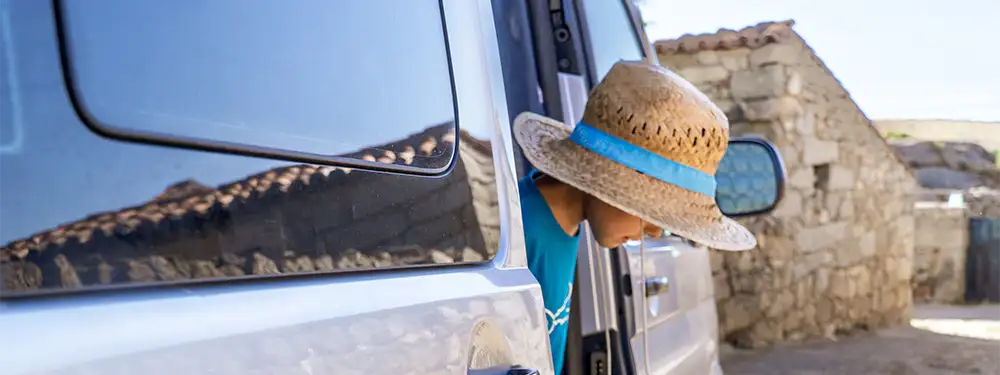
Be mindful when parking near homes
If you choose to stay overnight in urban or residential areas, make sure to park in appropriate places and avoid blocking driveways, pavements or disturbing local traffic. Some residents may feel uncomfortable with large vehicles parked close to their homes, so it is always best to be discreet.

Interacting with local residents
In smaller towns and villages, locals are usually welcoming, but it is important to respect the local pace of life. Greeting people with a simple "buenos días" or "buenas tardes" is always appreciated. If you are unsure about where to park or about local rules, asking politely can open doors and help avoid misunderstandings.

Environmental care and cleanliness
Always make sure to take all your rubbish with you and leave no trace of your stay. Recycling is standard in most Spanish towns and cities, and there are colour-coded bins for different types of waste. It is worth checking in advance, as not all waste goes in the same bin. For example, nappies and soiled paper should be disposed of in the grey general waste bin.
Plastic and packaging
Paper
Glass
Organic waste
General waste
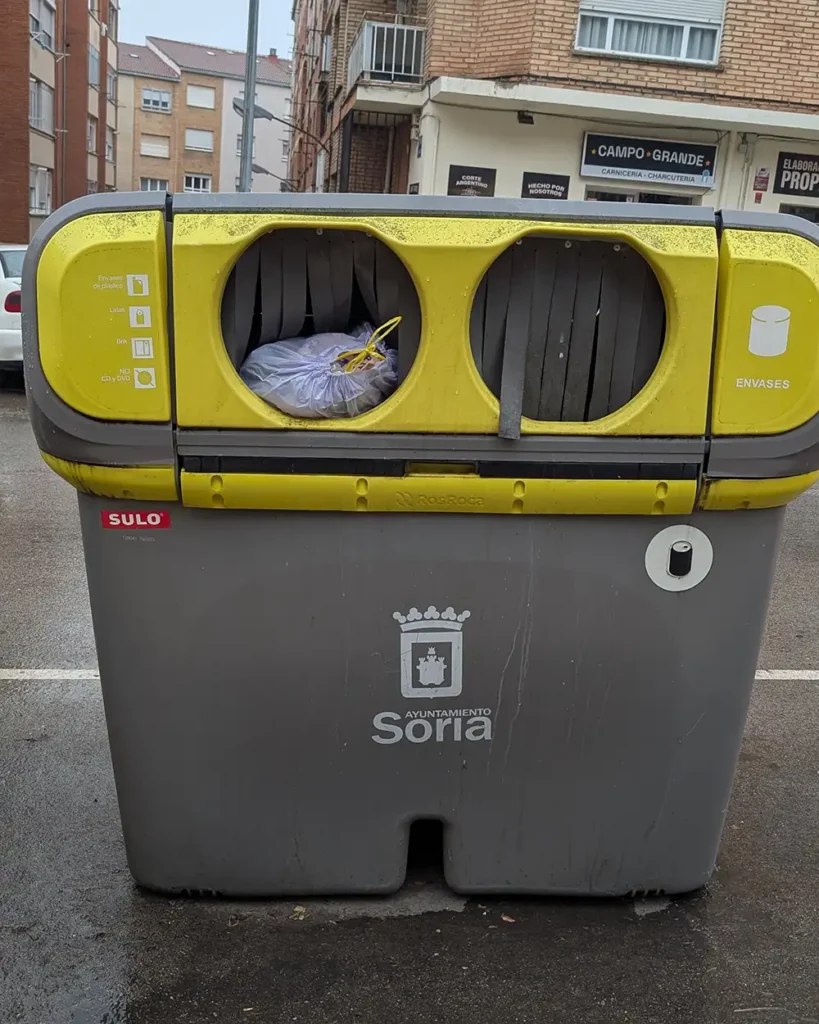
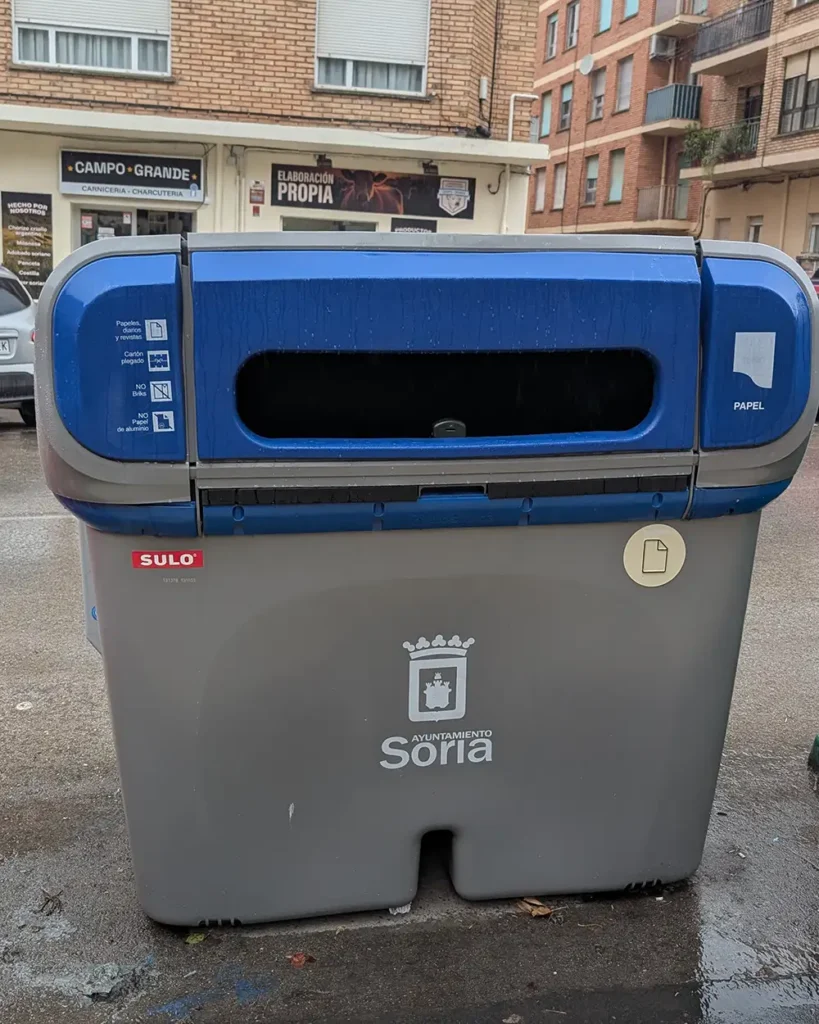
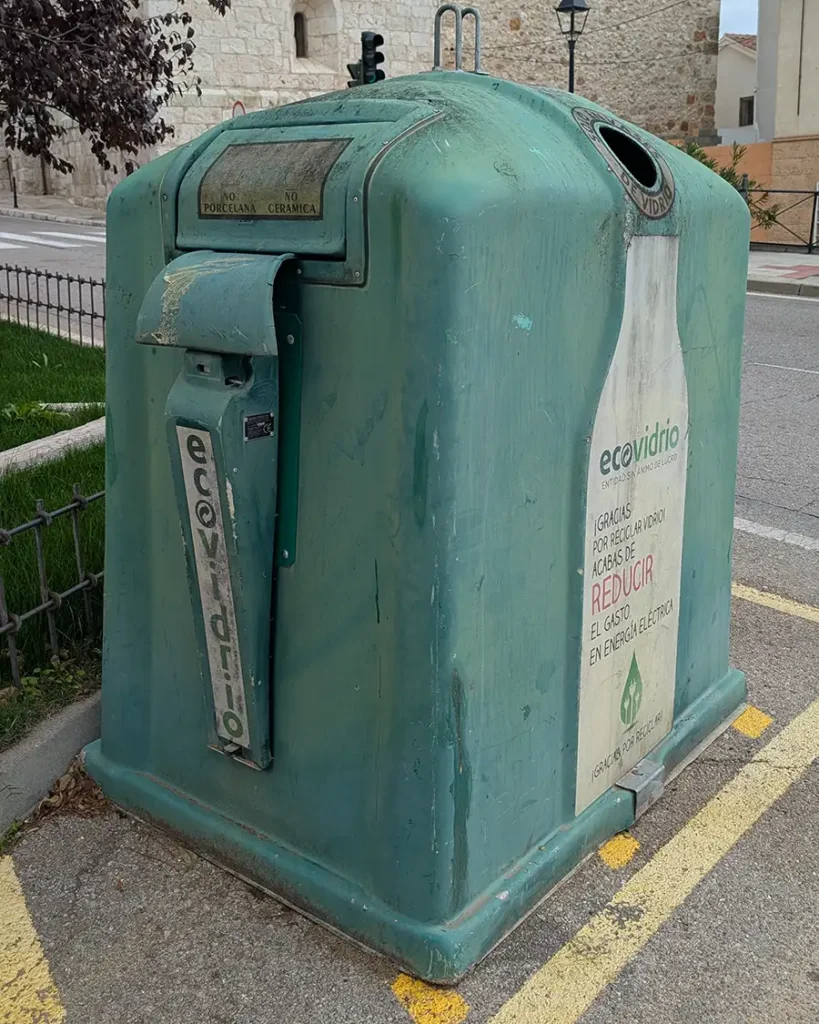
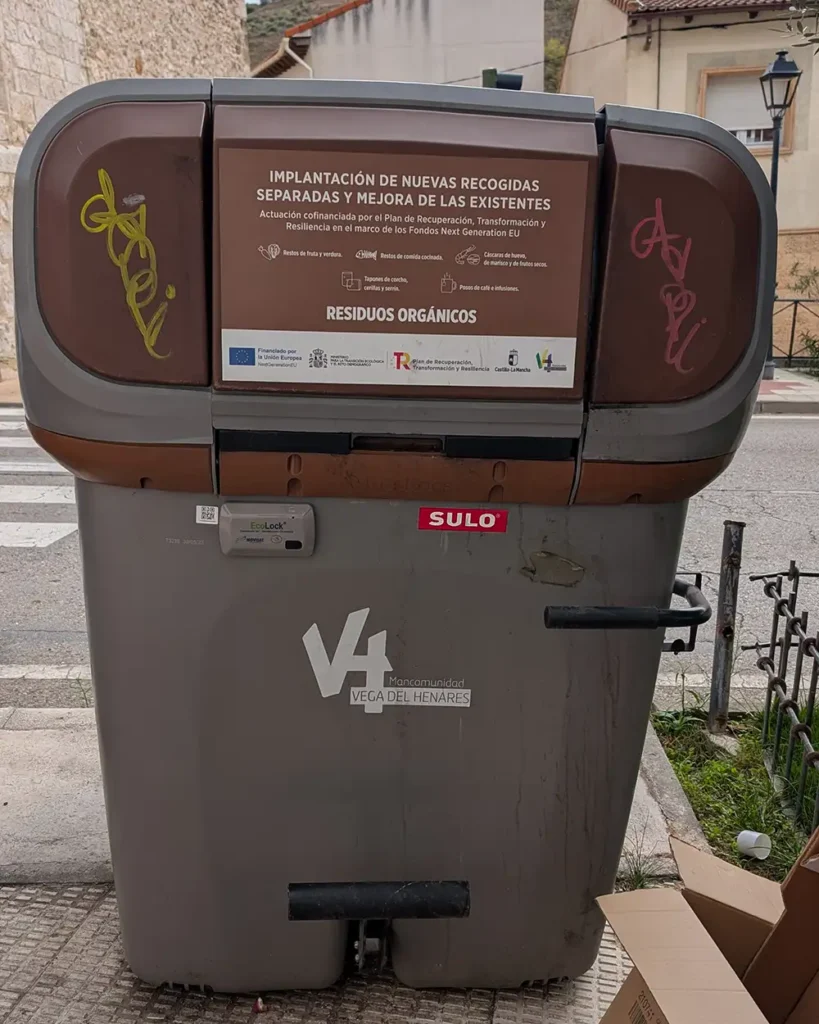
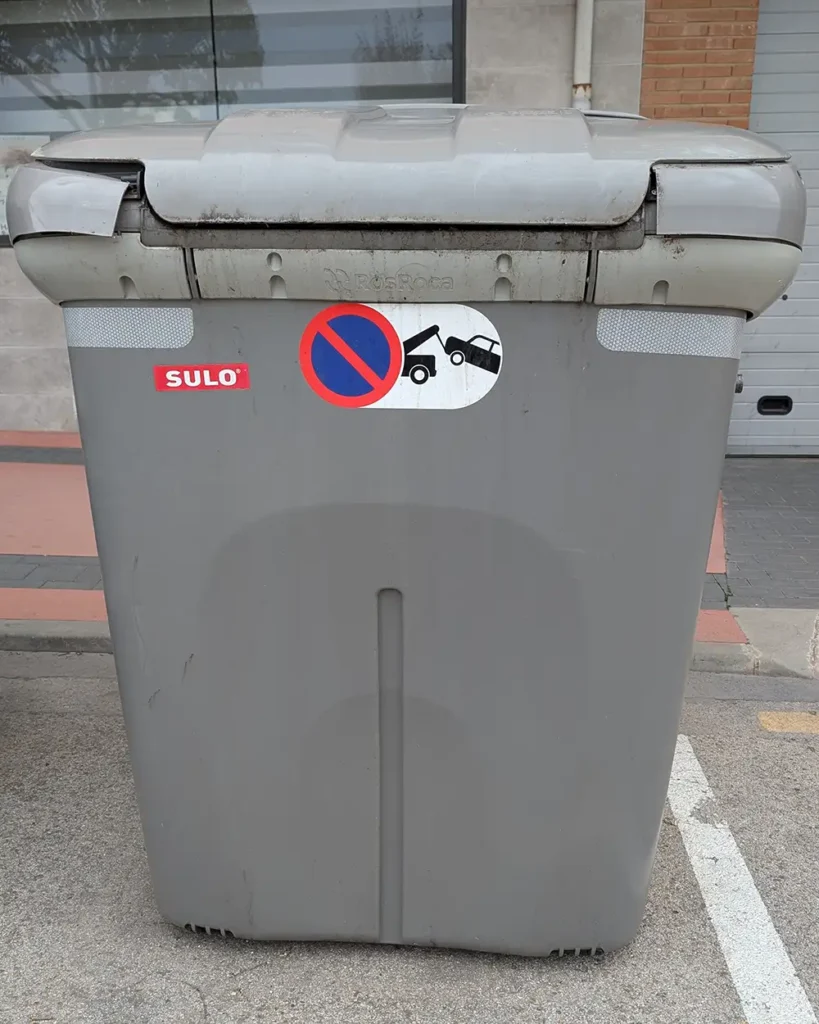
Travelling by campervan or motorhome in Spain is a practical and rewarding way to discover the country, allowing you to explore places beyond the typical tourist routes and fully enjoy the freedom of being on the move. With good planning, respect for local rules and the help of a few useful apps, you can enjoy this experience smoothly.
No matter what type of vehicle you choose, Spain offers stunning landscapes, a rich culture and enough infrastructure to ensure a safe and pleasant journey. Plan your route, choose your vehicle and discover everything this country has to offer.
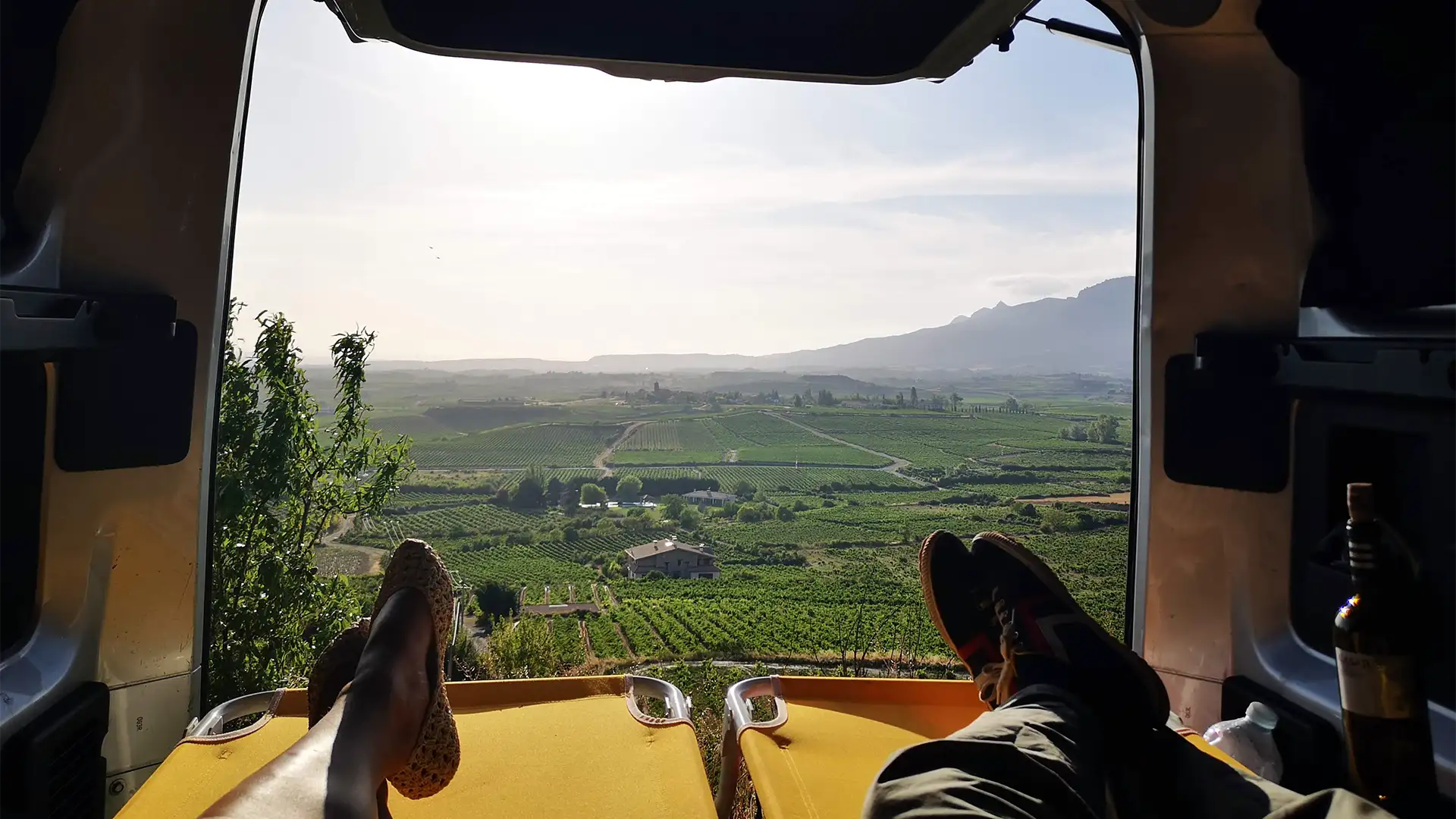
Curious about what it’s like for us to travel this way?
We share our experiences and thoughts on travelling by campervan!







